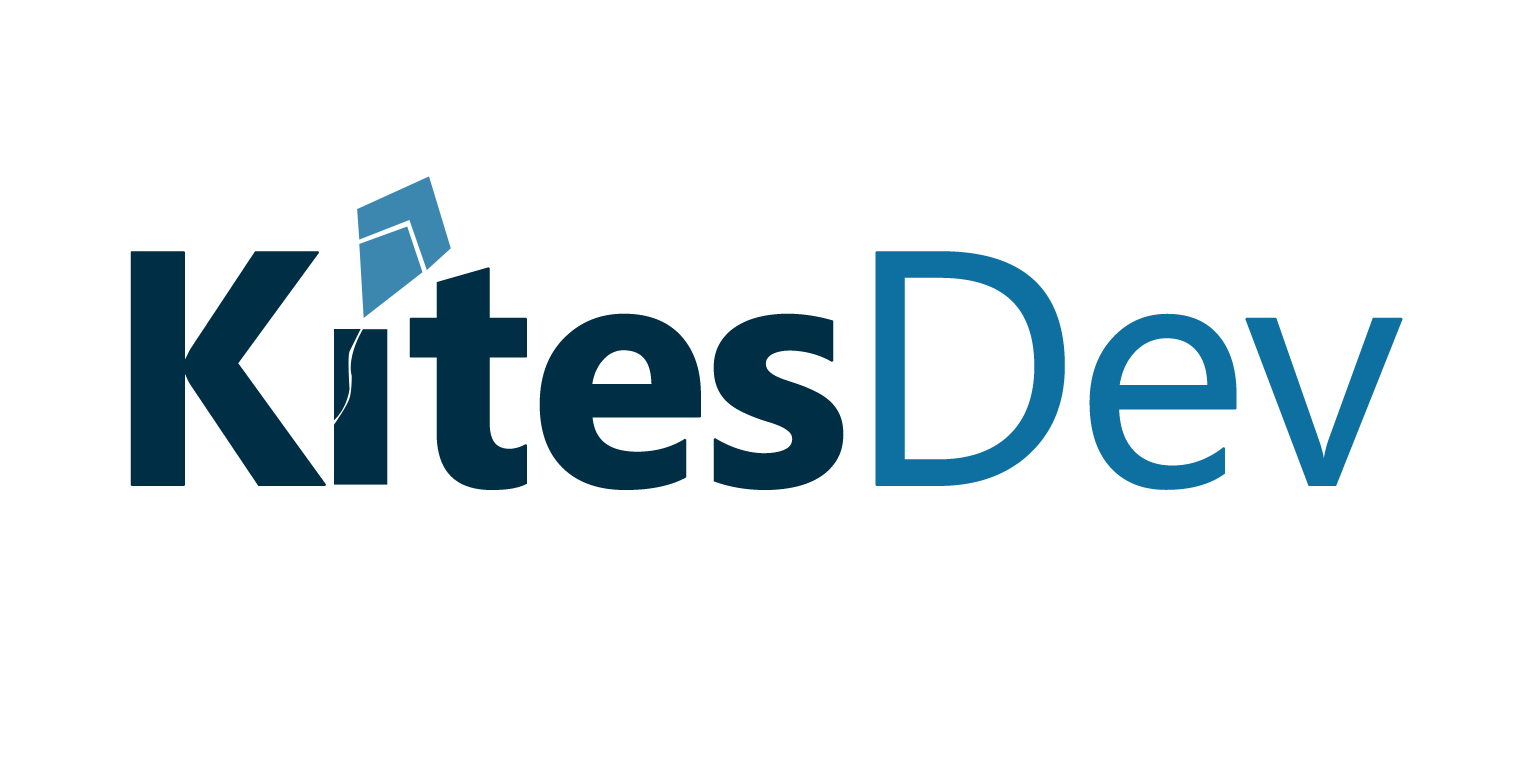How Automation is Changing the Workplace and the Future of Work
The rise of automation has been a hot topic in the workplace over the last few years. Automation has the potential to revolutionize the way we work, but it also raises important questions about the future of work and the potential impacts on employees.
Automation technologies, such as robotics, artificial intelligence (AI), and machine learning are being increasingly adopted in the workplace. Automation is used to take over repetitive tasks, improve efficiency and accuracy, and reduce costs. This can result in increased productivity and improved customer service, but also raises questions about job security and the potential displacement of workers.
Impact on Employees
The introduction of automation technologies can lead to job displacement and displacement of certain job roles. In the short term, this can result in job losses and the need for workers to upskill in order to remain employable. In the long term, automation could lead to a shift in the types of jobs available, as well as the skills required to perform them.
Automation can also lead to increased job satisfaction for employees. Automation technologies can free up time for employees to focus on more meaningful and creative tasks. This can lead to improved engagement and productivity, and can help to reduce employee stress and burnout.
Impact on Employers
For employers, automation can provide a number of benefits. Automation technologies can help to reduce costs, improve efficiency, and increase productivity. This can lead to increased profits and competitive advantages in the marketplace.
However, as with all new technologies, there are potential drawbacks to automation. Employers must ensure that they are aware of the potential risks and take steps to mitigate them. For example, employers must ensure that automation technologies are developed and implemented in a way that does not put the safety and security of employees at risk.
The Future of Work
The introduction of automation technologies is likely to have a significant impact on the future of work. Automation could lead to increased job opportunities, as well as an increased demand for skilled workers. It could also lead to a shift in the types of jobs available, and the skills required to perform them.
Ultimately, the success of automation technologies in the workplace will depend on how employers and employees embrace and adapt to them. The key is to ensure that automation is used in a way that benefits both employers and employees, and that it does not lead to job displacement or insecurity.




